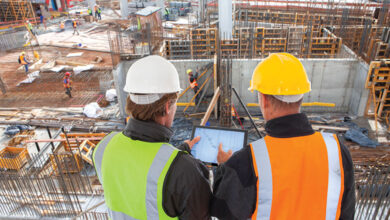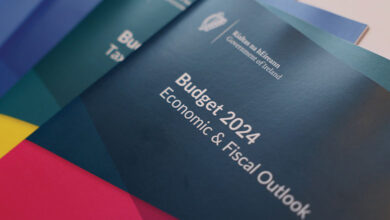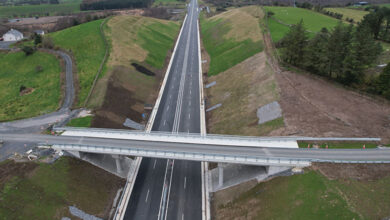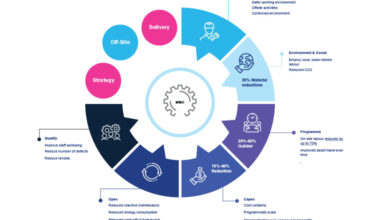Emerging trends in infrastructure in 2024: Enabling transitions

Can we enable transitions in a meaningful way to deliver our key infrastructure needs? Paul O’Neill, Managing Director, Corporate Finance, KPMG, writes.
When I wrote this article for last year’s publication, our key global themes centred round digital transformation, supply chain disruption and energy transition. All very much remain at the core of what we see looking ahead to 2024, but can it finally translate to accelerated project delivery?
Digital transformation – moving from talk to action
Every year, it feels like we predict that the infrastructure sector will finally embrace digital, innovation, and technology. While there have certainly been some pockets of digital transformation seeping into the infrastructure sector, progress has been comparatively slow versus other sectors. So, why do we think things will change this year? Some of our optimism is based on the technology landscape. The uptake of digital twins in asset management and design demonstrates that industry has the capacity and desire to transform. Modern construction methods should also increasingly become embedded in the sector, but there is some cause for scepticism that this trend will not materialise in the near term.
At a recent client roundtable, a valid challenge posed was the ability of contractors to bring supply chains along with them given that margins remain tight, and businesses require a degree of certainty in relation to National Development Plan (NDP) rollout if they are to adopt new technologies, approaches, and training programmes. Few would disagree that these new innovations are needed and will ultimately benefit projects, the economy and society in the long term. We need to start mandating these requirements in procurement processes but also be prepared to back it up and pay for them.
Too often tender competitions are eventually decided on price. Competing solely on price does not necessarily indicate a focus on priorities beyond cost that will ultimately help move the industry forward. As a private sector client put it to me: “There is a major opportunity for the Government to play a role in mandating more sustainable and innovative approaches that would force the supply chain to evolve.”
Capacity and supply chain – accelerating delivery
Ireland did exceptionally well in the 2000s in attracting overseas expertise and building up our onshore supply chain. We were lauded in so many other jurisdictions for how well we developed our infrastructure and learned from others to develop best practice expertise and delivery. Our star has definitely waned in the interim. While it is often taken for granted in Ireland that market interest to tender for new projects is there, that is not necessarily the case. We have seen the depth of our own contracting market decrease post the recession and indeed seen many of our own parts of the supply chain choose to focus efforts on the overseas or private sector markets. We are competing, especially for the mega projects, against other overseas markets that are often much more attractive.
To attract back market interest, it is important that we actively market at home and overseas the significant programme of infrastructure spend that is planned over the next 10 years. That would allow the supply chain to invest in developing capability and focus here. To do that we need clear certainty on the programme for delivery of the NDP that the market has confidence in. We also cannot lose sight of the skills deficits we have in many areas across the market. Competition from overseas is a factor here but so too are challenges around the capacity to invest by the public and private sector in building up the skills base.
While there are welcome signs, with responsibility for NDP delivery now sitting with the Department of Public Expenditure and Reform and the publication of the new infrastructure guidelines, it remains to be seen whether this will serve as the much-needed enabler to accelerate project delivery. We also need to address the siloed thinking in approaches and methodologies across departments to provide for increased collaboration and learning opportunities. As one public sector client put it to me simply: “We do not talk to each other enough and we do not learn from each other enough. We need to create more opportunities to do that.”
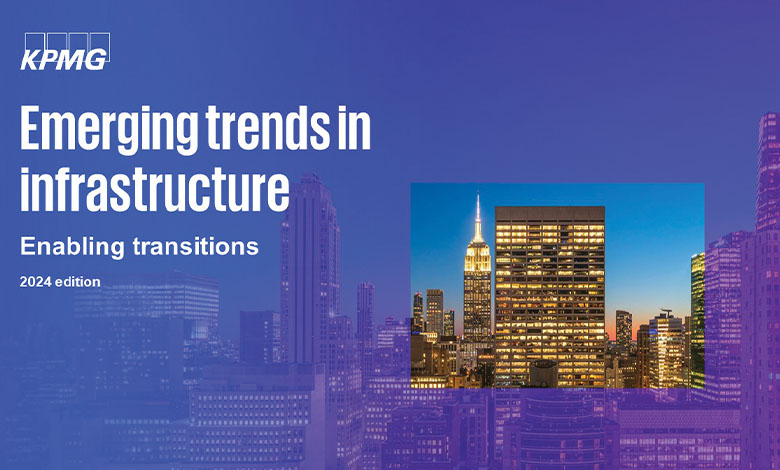
“To attract back market interest, it is important that we actively market at home and overseas the significant programme of infrastructure spend that is planned over the next 10 years.”
Transitioning to nature based solutions
At COP28, nearly 200 nations agreed to triple renewable energy capacity and double energy efficiency by 2030 in order to meet international net zero goals as outlined in the Paris Agreement. We all know that massive investment needs to be placed into scaling up renewables delivery, but what we are not very good at is describing the wider societal risks that we all face if we do not do a project. This has to change.
The widespread adoption of valuing nature-based assets and solutions would enable companies to better account for these assets on their balance sheets. It would also enable governments to make more informed decisions that balance infrastructure delivery with sustainable development, increasingly important in an Irish context with a growing, ageing population which has very different infrastructure needs to one which is seeing growth come at the younger end of the spectrum.
In conclusion, the platform exists to enable transitions in a meaningful way but the successful implementation of any development plan, including our own, hinges on fostering increased collaboration across government and the construction industry, coupled with a transformative shift in mindset toward sustainable infrastructure delivery and construction industry modernisation.
The 12th edition of KPMG’s Emerging Trends in Infrastructure is now live – the 2024 report explores 10 challenges and opportunities facing infrastructure leaders. Read in full at:
https://kpmg.com/ie/en/home/insights/2024/01/emerging-trends-in-infrastructure-cge-infra.html
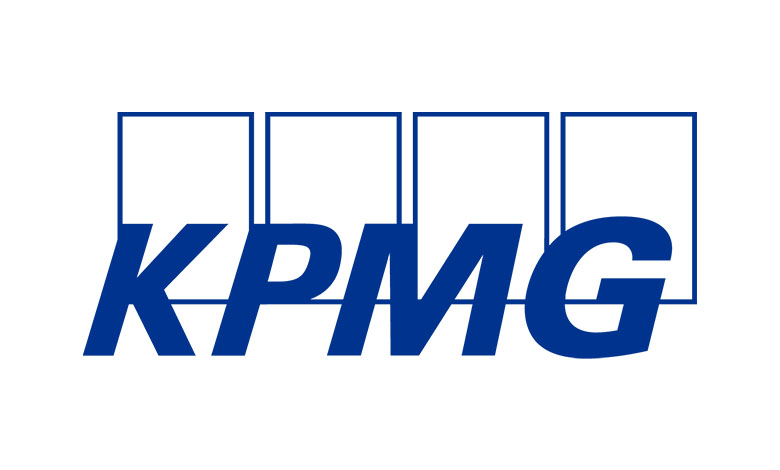
Paul O’Neill
Managing Director, Corporate Finance,
KPMG Ireland
E: paul.oneill@kpmg.ie
W: www.kpmg.ie

